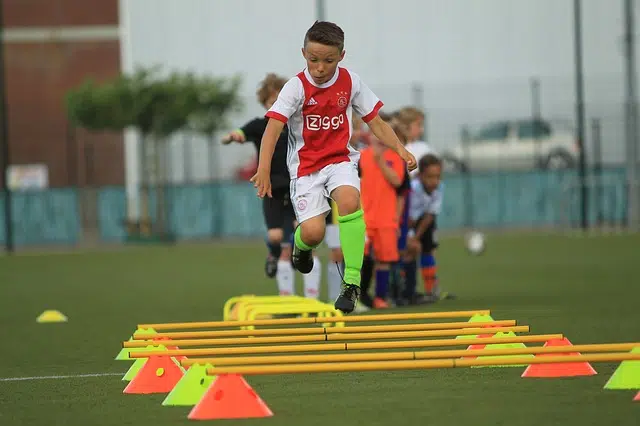
Practice is a very important part of any sport.
Practice is a concept with various uses and meanings. Practice is the action that is developed with the application of certain knowledge .
For example: “I have all the necessary theoretical knowledge, but I have not yet been able to successfully put it into practice,” “They say that a Chinese scientist managed to demonstrate ancient theories in practice.”
Characteristics of a practical person
A practical person, on the other hand, is one who thinks and acts according to reality and who pursues a useful goal . It can be said that someone has this quality when they are able to resolve unforeseen situations without losing control , based on the resources available to them and devising solutions without the need for prior knowledge.
Sometimes, enjoying this virtue of acting coldly and effectively in the face of an unforeseen event is the key to opening doors in the workplace. Many people are proud of their numerous academic degrees, but they lack the social tools to work in a company, the ability to make decisions for themselves; When someone who has these virtues, so necessary for progress, is in the right place and place, they have a better chance of getting a job than their accredited rivals.
On the other hand, when applied to a thing, this adjective refers to great usefulness or special versatility . In this case, there is greater subjectivity, since the practicality of an object or product is directly linked to the needs of its users. In any case, something practical usually allows a given problem to be solved very easily .

To acquire skill with a musical instrument, practice is essential.
An exercise or training
Practice is also the exercise that is performed according to certain rules and that may be subject to the direction of a teacher or professor, so that practitioners improve their performance. This term can be used to talk about training as a concept or a particular session: " practice is essential to improve ", " I couldn't attend the last practice ". On the other hand, when a person develops great skill, a lot of skill in a particular field, it is often said that " he has a lot of practice ."
There is no discipline created by human beings that does not benefit from practice. First of all, it is worth mentioning that it is not about the constant repetition of an exercise without any direction, but rather a training carried out conscientiously , with a certain degree of organization and with the necessary perseverance to not be defeated by failures.
Practice, essential to improve
Through practice, what has been learned is not only reinforced, but new concepts are discovered, some of which may be revealing, impossible to find through the study of theory .
For a professional singer, for example, practice is their most precious resource; The voice is unstable and unpredictable, and it is essential to know how to deal with dysphonia or throat clearing, or how to attack a high note on those days when flexibility is conspicuous by its absence . During rehearsal sessions for a play, it is natural to experience the aforementioned problems, along with many others, and in that context it is possible to adequately prepare to face them when the live performances arrive.
It is often said that talent is not enough if it is not accompanied by practice, and in music there are plenty of examples of very skilled people who, due to lack of preparation, are unable to perform the same piece twice with similar results; Luciano Pavarotti himself said in his memoirs that before he met the soprano Joan Sutherland, who became his model of a professional entirely dedicated to his art, he had no control over his vocal cords, which made his performances unpredictable.
